
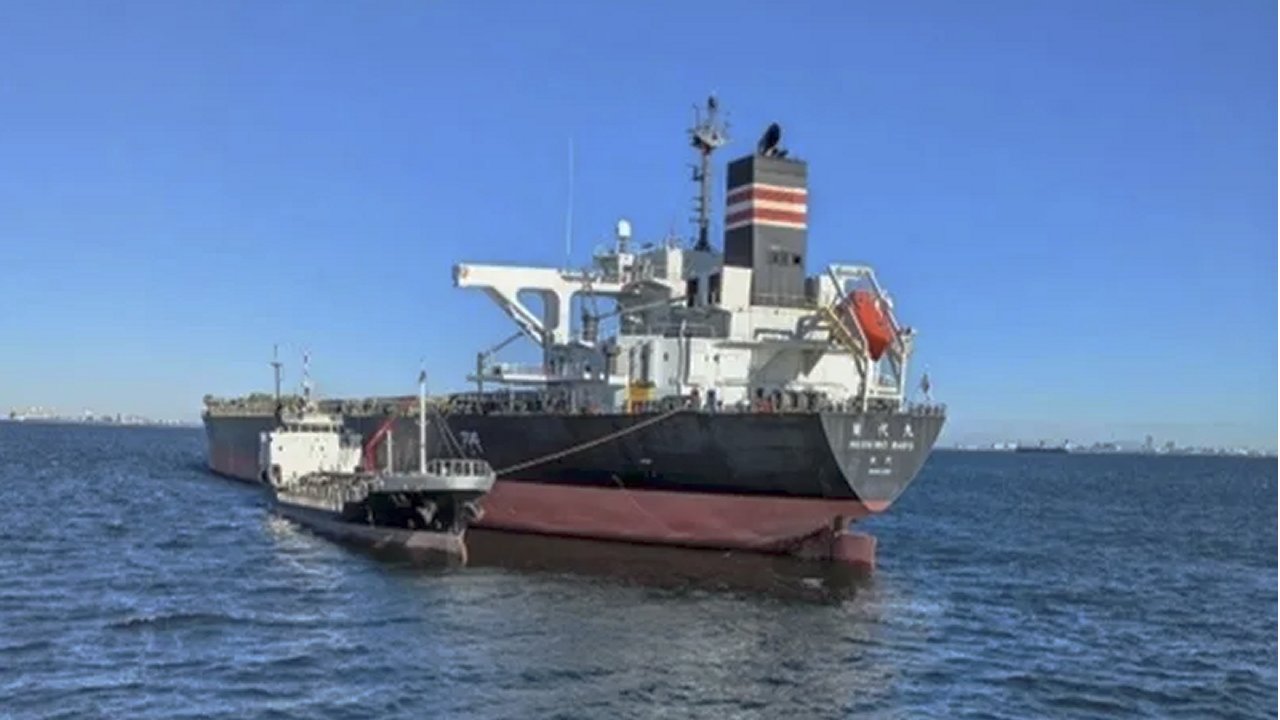 |
On February 9, NYK Line embarked on a landmark test run involving biofuel on its coal carrier, the Noshiro Maru, which is operated for Tohoku Electric Power. It was the first time in Japan that a coal carrier was used to test biofuel for a domestic utility company.
The delivery of biofuel to the vessel was performed by Mitsubishi Corporation Energy Co., Ltd in the country's Keihin region - an area which covers Tokyo, Kawasaki, and Yokohama.
Biofuels are derived from organic resources, or biomass, such as agricultural residues and waste cooking oil. When combusted, they are considered to produce virtually zero carbon dioxide (CO2) emissions. Their compatibility with heavy-fuel-powered engines — predominant among large merchant vessels — positions biofuels as a pivotal option for reducing greenhouse gas (GHG) emissions during the critical transition from heavy oil to zero-emission fuels.
Moreover, utilising biofuels for navigation purposes plays a role in reducing Scope 3 GHG emissions linked to transporting customers' cargo. NYK has expressed its commitment to promoting decarbonization within marine transport by focusing on integrating biofuels and other next-generation fuels into its operations. The company emphasises that adjusting to biofuels not only aligns with regulatory efforts but also contributes significantly to lowering GHG emissions across customers' entire supply chains.
As the maritime industry faces increasing pressure to reduce its carbon footprint, initiatives like NYK's biofuel test run demonstrate tangible steps toward sustainable practices. Although biofuels emit CO2 during combustion, the lifecycle of these fuels — where plants absorb CO2 while growing — offers a pathway to what is termed carbon neutrality. This aspect makes biofuels a promising alternative to conventional fossil fuels, potentially mitigating the environmental impact of marine transportation.
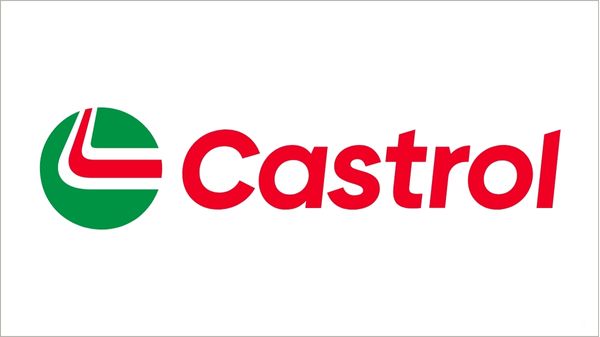
|
BP to sell 65% stake in Castrol to Stonepeak for $10bn enterprise value
Deal brings BP's divestment programme to $11bn, with proceeds earmarked for debt reduction. |
|
|
|
||

|
RINA approves design for Clippership's 24-metre autonomous wind-powered cargo vessel
Classification society to supervise construction of zero-emission ship featuring twin rigid wings for transatlantic operations. |
|
|
|
||
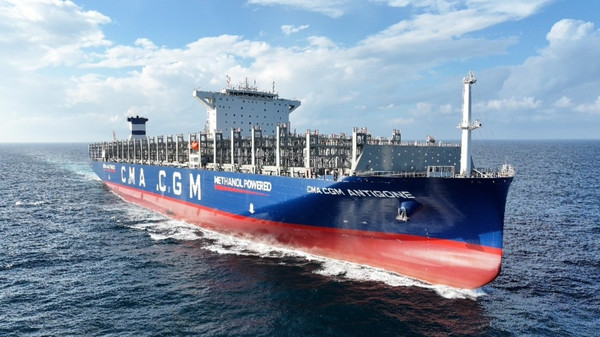
|
Bureau Veritas classes first methanol dual-fuel boxship as CMA CGM takes delivery
The 15,000-teu CMA CGM Antigone was built by CSSC Jiangnan Shipyard in China. |
|
|
|
||
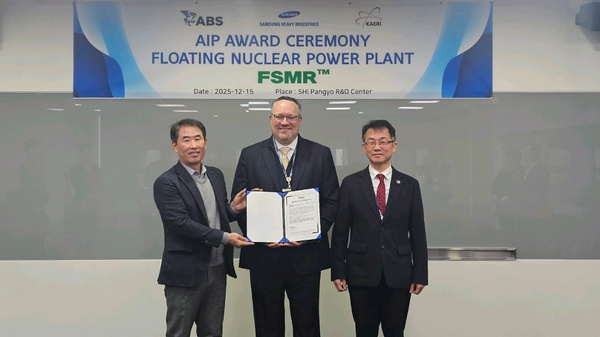
|
Samsung Heavy Industries' floating nuclear plant design wins ABS approval
Concept features twin KAERI small modular reactors and a compartmentalised layout to support offshore nuclear power generation. |
|
|
|
||
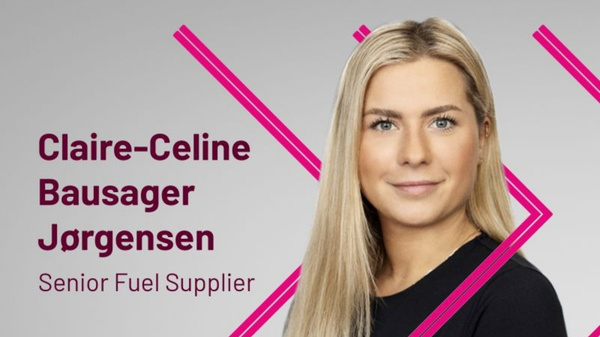
|
Dan-Bunkering Europe appoints Claire-Celine Bausager Jørgensen as senior fuel supplier
Jørgensen returns to bunker trading after several years in the company's HR department. |
|
|
|
||
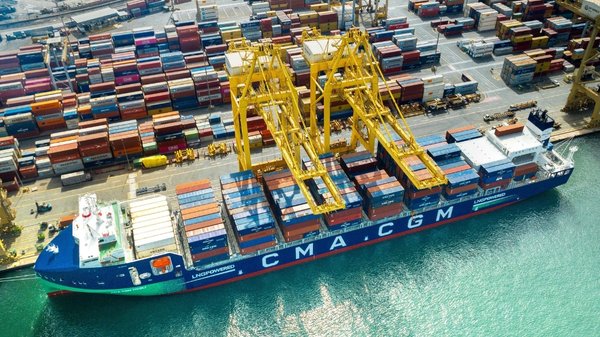
|
DHL and CMA CGM partner on 8,990-tonne biofuel purchase for ocean freight decarbonisation
Logistics and shipping firms to use UCOME biofuel, targeting 25,000-tonne CO2e reduction. |
|
|
|
||

|
Glencore to acquire majority stake in Dutch marine fuel supplier FincoEnergies
Transaction expected to complete in Q2 2026, subject to EU anti-trust approval. |
|
|
|
||
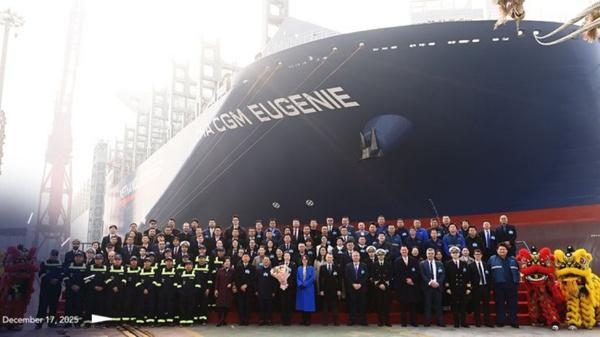
|
CMA CGM names 15,000-teu methanol-fuelled containership CMA CGM Eugenie
Vessel to operate on Phoenician Express service linking Asia, Middle East, and Mediterranean. |
|
|
|
||
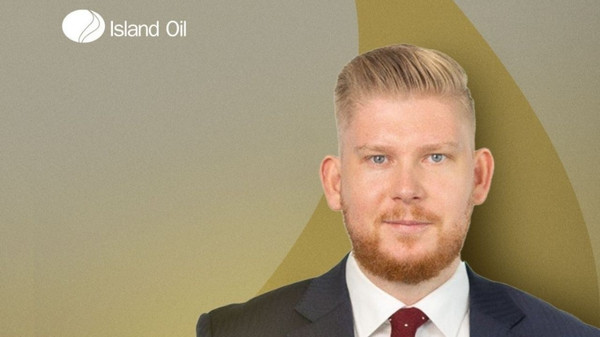
|
Island Oil appoints Christian Larsen as senior trader in Denmark expansion
Marine fuel supplier establishes operations in Denmark as part of expansion strategy. |
|
|
|
||
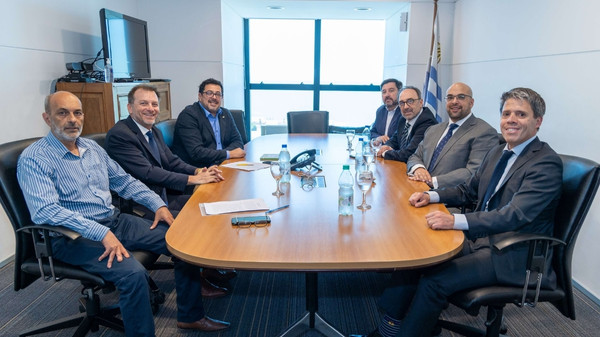
|
HIF Global signs Uruguay agreement to advance US$5.3bn e-fuels facility in Paysandú
Memorandum sets roadmap for final investment decision on plant targeting 880,000 tonnes annual production. |
|
|
|
||
| Petrobras secures ISCC EU RED certification for B24 biofuel blend at Rio Grande [News & Insights] |